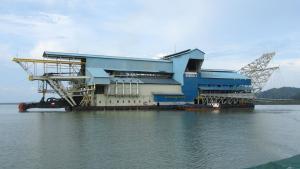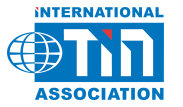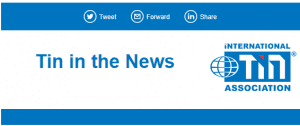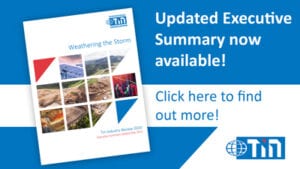 The Ministry of Energy and Mineral Resources (ESDM) has officially designated 47 minerals, with a special focus on tin and nickel, as critical for Indonesia’s strategic and energy objectives.
The Ministry of Energy and Mineral Resources (ESDM) has officially designated 47 minerals, with a special focus on tin and nickel, as critical for Indonesia’s strategic and energy objectives.
In Indonesia’s latest review of critical minerals, tin has been highlighted for its substantial role in the production of electric vehicle batteries and battery energy storage systems. These critical applications align with Indonesia’s overarching energy transition plans.
Irwandy Arid, a special staffer at the ESDM, emphasized the government’s commitment to sustainable management and prioritization of tin and nickel reserves. This prioritization extends to the downstream processing of these minerals. The criteria for their critical classification are grounded in supply, economic significance, and their applications in high-tech industries.
Governor Andi Widjajanto of the National Defense Institute of Indonesia (Lemhannas RI) previously advocated for recognizing tin from the Bangka Belitung Islands as a national strategic commodity earlier this year. Widjajanto underscored the potential of tin to enhance Indonesia’s global standing and called for a comprehensive overhaul of tin mining governance. The primary focus remains on legalising all tin mining operations while fostering close collaboration with the state-owned PT Timah corporation for future growth.
Our view: The recent acknowledgment of tin’s critical role by Indonesia, the world’s second largest tin miner, demonstrates the growing recognition of the tin’s strategic importance in the context of the global energy transition. This recognition is especially significant considering the slow pace of investment in early-stage tin projects globally.


